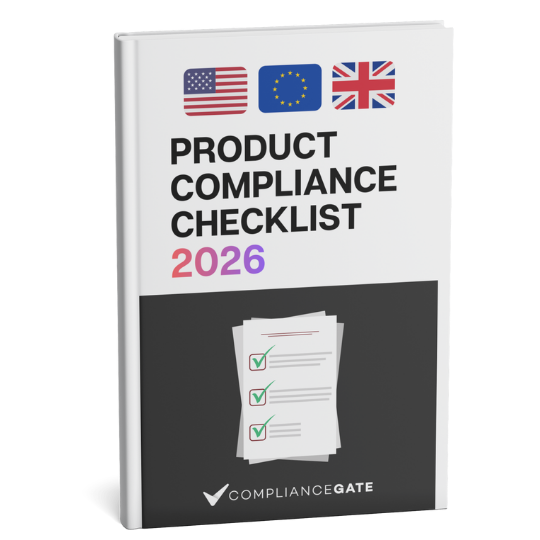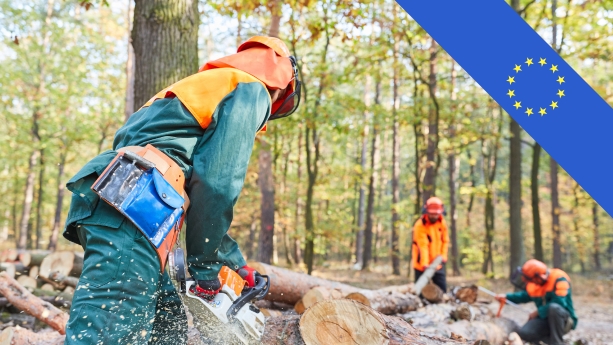
The Deforestation Regulation (EUDR) contains due diligence requirements to ensure products contributing to deforestation are not imported, sold within the EU or exported. The regulation mandates the submission of a due diligence statement, which is a document used to indicate that companies have complied with the applicable EUDR requirements.
This guide covers frequently asked questions about EUDR due diligence statements, including which types of operators are required to submit one and which are exempt.
Content Overview

FREE CONSULTATION CALL (30 MIN)
 Ask questions about compliance requirements
Ask questions about compliance requirements Countries/markets:
Countries/markets:
 Learn how we can help your business
Learn how we can help your business
You will speak with:Ivan Malloci or John Vinod Khiatani
What is the EUDR due diligence statement?
The EU Deforestation Regulation requires operators and traders to exercise due diligence, which in most cases also includes the electronic submission of a due diligence statement.
The due diligence statement acts as formal proof that operators and traders have taken necessary steps to ensure their products comply with the EUDR. This statement should contain:
a. The information listed in Annex II
b. The operator’s declaration that due diligence was exercised and that the product has no or negligible risk
Operators
In the context of the EUDR, operators are companies that import or sell raw materials and products covered by the EUDR into the EU, or export them. For instance, an operator could be an EU importer of wooden products covered by listed CN codes.
Traders
Traders are defined as anyone in the supply chain, apart from the operator, who offers the product for sale in the EU. For instance, a trader could be a distributor of wooden products within the Union.
Which products require a due diligence statement?
The due diligence statement applies to products covered by the EU Deforestation Regulation, excluding those made entirely from recycled materials.
Specifically, the regulation covers the products listed in Annex I that contain, are made or have been fed with any of the following commodities:
- Cattle
- Cocoa
- Coffee
- Oil palm
- Rubber
- Soya
- Wood
What information should be included in the due diligence statement?
The information listed in the due diligence statement is essential for ensuring traceability, accountability, and compliance with the regulation’s requirements. The statement should contain the following information as listed in Annex II of the regulation:
a. Operator’s name, address, and EORI number (if applicable)
b. Harmonised System code, trade name, scientific name (if relevant), and product quantity (kg/net mass)
c. Country of production and geolocation (e.g. precise coordinates) of the land where commodities were produced
d. Reference number of an existing due diligence statement (if applicable)
e. Declaration text confirming compliance with the requirements of the regulation
f. Date, name, function, and signature
Who is responsible for creating the due diligence statement?
The regulation requires operators and non-SME traders to submit the due diligence statement to ensure accountability and compliance throughout the supply chain. This section explains who is responsible for creating the due diligence statement, and under what circumstances they should create and submit the statement.
Non-SME operators
The EUDR requires non-SME operators to:
a. Submit a due diligence statement, and
b. Submit the reference number of the due diligence statement that has already been submitted by their supplier (only if relevant)
SME operators
Small and medium-sized enterprises (SMEs) are exempt from due diligence statement submission if an existing due diligence statement has already been submitted by their supplier. In such cases, they only need to provide the reference number of the submitted due diligence statement to the authorities.
The regulation references Article 3 of Directive 2013/34/EU, which states that a company is considered an SME if it fulfils at least two of the following characteristics:
- Balance sheet total: 25,000,000 Euro or less
- Net turnover: 50,000,000 Euro or less
- Average number of employees: 250 or fewer
Note, however, that SME operators still need to submit a due diligence statement if they are purchasing from a company that has not submitted a statement yet.
Finally, SME operators must also comply with other due diligence requirements, such as reporting and record keeping.
Non-SME traders
Non-SME traders are considered non-SME operators and should also comply with due diligence obligations, such as submitting a due diligence statement.
SME traders
We could not find information in the EUDR that indicates a requirement for SME traders to submit a due diligence statement. We only found that such companies must collect and keep the information listed in Article 5(3).
How should the due diligence statement be submitted?
Operators and traders should submit the due diligence statement electronically through the information system, which can be accessed through TRACES NT.
According to the EU, TRACES NT aims at facilitating efficient and standardised communication between operators, traders, and competent authorities. For instance, it allows operators to upload documents, monitor submission statuses, and communicate with authorities seamlessly.
Note that, in general, operators need to provide an EORI number when they register in TRACES NT. However, EU operators or traders who do not have an EORI number can instead register through one of the following TRACES-supported identifiers:
- VAT number
- National Company Number
- Taxpayer Identification Number
These identifiers help ensure that all entities, regardless of size or international status, can comply with registration requirements.
Can a due diligence statement cover multiple product batches or shipments?
According to the EU Deforestation Regulation FAQ, a due diligence statement can indeed cover multiple product batches or shipments. This provision helps streamline compliance procedures for operators and traders managing large volumes of shipments, reducing administrative burdens.
In these scenarios, the operator or trader needs to ensure that “all relevant products” are subject to the due diligence requirement. Additionally, operators must review their due diligence statement at least once a year, according to Article 12. This means that a single due diligence statement cannot cover batches for a period longer than one year from the day on which the statement was submitted.
Do small and medium-sized enterprises have to submit the due diligence statement?
According to Article 4(8), small and medium-sized enterprises (SMEs) do not need to submit a statement for products for which a due diligence statement has already been submitted by their supplier.
In this case, they just need to provide the reference number of the due diligence statement to the authorities upon request. These reference numbers serve as proof of compliance and ensure traceability of the due diligence process throughout the supply chain.
Note that, however, SME operators should still exercise due diligence for products not already subject to due diligence.
Do I need a due diligence statement for low risk countries?
The EUDR defines “low risk” as countries unlikely to produce products that are not free from deforestation. Here are some examples of low risk countries:
- United States
- Australia
- Thailand
According to Section 5.1 of the EU Deforestation Regulation FAQ, operators who import or export products originating from low risk countries are subject to simplified due diligence obligations. These requirements are specified in Article 13 of the EUDR.
In this case, operators need to provide the authorities, upon request, with documentation containing the information specified in Article 9. They also need to submit a due diligence statement.
The EUDR also defines two other risk classes for countries:
a. Standard risk countries
b. High risk countries
Operators who source from standard-risk and high-risk countries need to comply with the standard due diligence obligations, including submitting a due diligence statement.
Do I need an authorised representative to submit the due diligence statement?
No, you do not strictly need an authorised representative to submit the due diligence statement if you can submit it yourself. However, the regulation allows the operator or trader to appoint an authorised representative to submit the due diligence statement through the Information System on their behalf. For instance, operators unfamiliar with regulatory requirements may rely on authorised representatives to navigate the submission process efficiently.
The operator or trader still has to ensure compliance with the EUDR. This ensures that accountability remains with the operator or trader, safeguarding the integrity of the due diligence process.

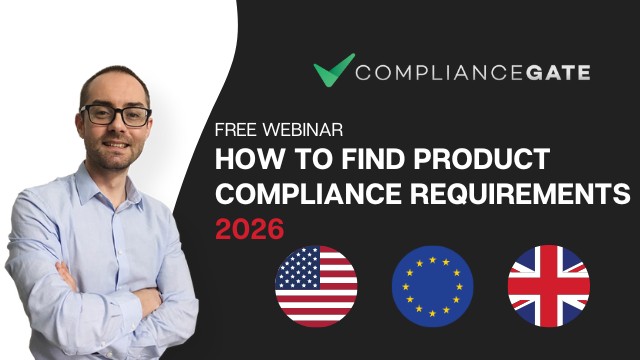





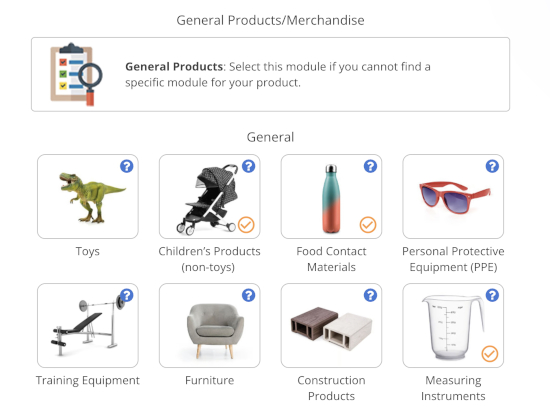






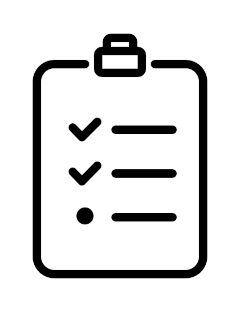


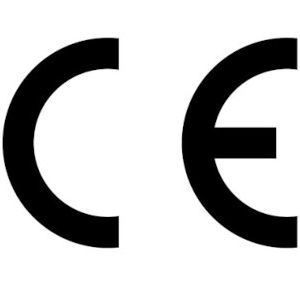




.png)
.png)
.png)
